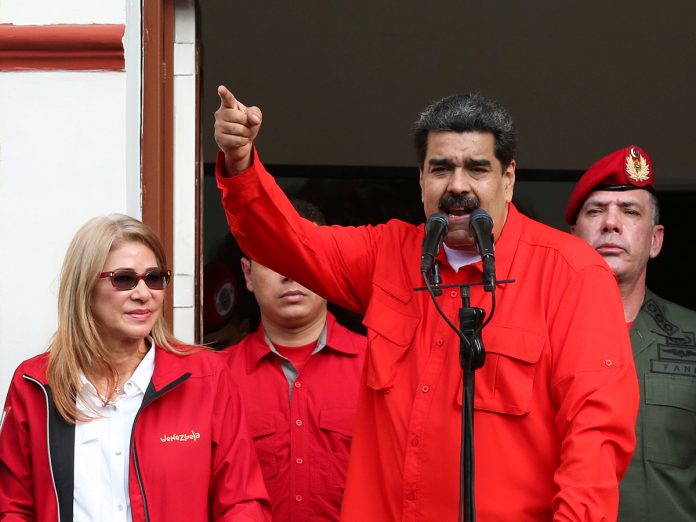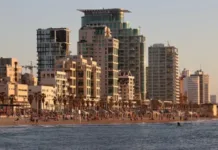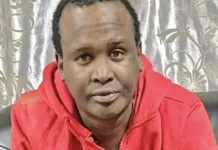
Venezuela’s embattled leader Nicolas Maduro severed relations with the United States and ordered American diplomats out of the country, accusing Washington of orchestrating a coup d’etat after an opposition leader publicly announced he was now president.
In a televised broadcast from the presidential palace late on Wednesday, Maduro accused the opposition of seeking to stage a coup with the support of the US, which he said was seeking to govern Venezuela from Washington.
“We’ve had enough interventionism, here we have dignity, damn it,” said an angry Maduro.
“Here is a people willing to defend this land,” said the beleaguered leader, flanked by top Socialist Party officials as riot police clashed with opposition supporters in the capital.
Earlier on Wednesday, Venezuelan opposition leader Juan Guaido declared himself interim president in an address to tens of thousands of people on the streets of Caracas.
At the mass rally, Guaido accused Maduro of usurping power and promised to create a transitional government that would help the country escape its hyperinflationary economic collapse.
“I swear to assume all the powers of the presidency to secure an end to the usurpation,” Guaido, 35, head of the opposition-run congress, told an exuberant crowd.
“We know that this will have consequences,” he shouted before slipping away to an unknown location amid speculation he would soon be arrested.
Unchartered territory
The avalanche of support for Guaido dramatically raised the stakes in Venezuela, an oil-rich nation that has become deeply impoverished under Maduro.
Guaido’s declaration takes Venezuela into uncharted territory with the possibility of the opposition now running a parallel government recognised abroad as legitimate – but without control over state functions.
Any change of government, however, will rest on a shift in allegiance within the armed forces. So far, the military has stood by Maduro through two waves of street protests and a steady dismantling of democratic institutions.
Venezuelan Defence Minister Vladimir Padrino said the armed forces did not recognise a self-proclaimed president “imposed by shadowy interests … outside the law”. The military’s top brass indicated their continued support for Maduro on Twitter.
Just minutes after Guaido’s declaration, US President Donald Trump recognised him as interim leader, and declared his National Assembly was “the only legitimate branch of government duly elected by the Venezuelan people”.
“The people of Venezuela have courageously spoken out against Maduro and his regime and demanded freedom and the rule of law,” Trump said in a statement.
Major regional players Brazil, Colombia, Chile, Peru and Argentina all gave their backing to Guaido’s self-proclamation as acting president.
Mexico, however, said relations with Venezuela remain unchanged, and Cuba and Bolivia sprang to the defence of their socialist ally.
Maduro fired back by breaking diplomatic relations with the US – the biggest trading partner for the oil-exporting country – and ordering American diplomats to get of the country within 72 hours.
Washington said it would ignore the order with the US State Department saying “former president Maduro” did not have the authority to sever relations.
Source: Aljazeera




